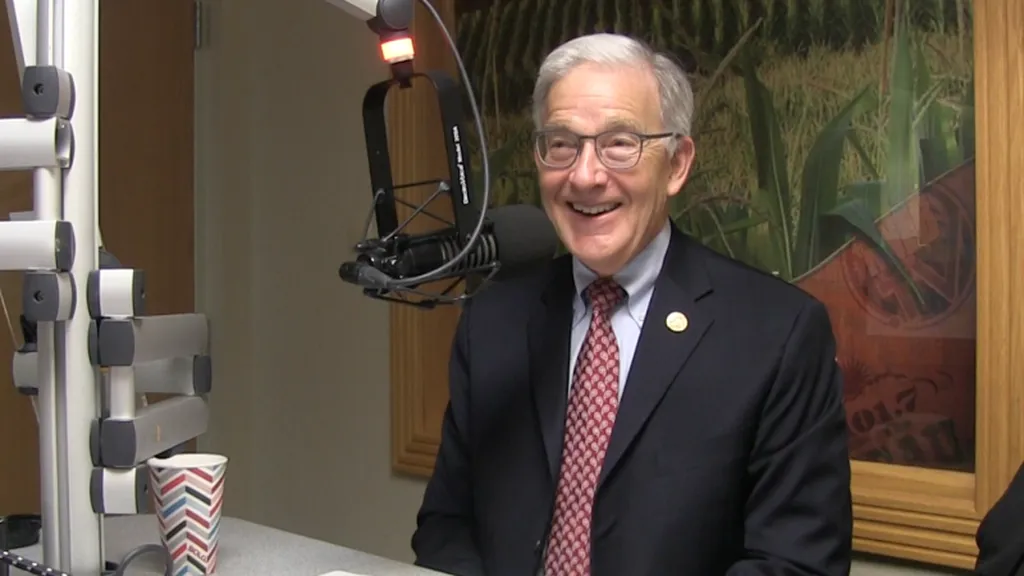In a significant move to bolster economic ties, the General Authority for Investment and Free Zones (GAFI) recently hosted an official delegation from the U.S. state of Nebraska. The visit centered around exploring avenues for expanded investment cooperation in key sectors such as healthcare, tourism, agriculture, and land reclamation. This initiative aligns with Egypt’s strategic plan to diversify its economy and attract foreign investment.
The discussions delved into potential collaborations between the University of Nebraska Medical Center and the Egyptian government, with a focus on advancing medical technologies and promoting medical tourism. This partnership could not only enhance healthcare services in Egypt but also position the country as a regional hub for medical tourism, attracting patients from across the Middle East and Africa.
Hossam Heiba, CEO of GAFI, emphasized that these sectors are priority areas under the Ministry of Investment and Foreign Trade’s plan. He noted that investments in healthcare, tourism, agriculture, and land reclamation are crucial as they create jobs, enhance living standards, attract foreign currency, and promote technology transfer. These factors are essential for Egypt’s economic growth and development.
One of the key highlights of the discussions was Egypt’s growing appeal to investors. Heiba pointed out that the country’s wide network of trade and partnership agreements with the Middle East, Africa, and the European Union provides access to a market of over 3 billion consumers. This extensive network not only facilitates trade but also enhances Egypt’s position as a gateway to these regions, making it an attractive destination for foreign investors.
The potential cooperation in agriculture and land reclamation is particularly noteworthy. With Egypt facing challenges related to food security and water scarcity, investments in these areas can help modernize agricultural practices, increase productivity, and ensure sustainable land use. This, in turn, can contribute to the country’s food security and economic stability.
The discussions also touched upon tourism, a sector that has been significantly impacted by global events in recent years. By leveraging Nebraska’s expertise and Egypt’s rich cultural heritage, the two regions can work together to revive and enhance the tourism industry, creating new opportunities for economic growth and job creation.
In conclusion, the visit of the Nebraska delegation to Egypt marks a significant step towards strengthening economic ties and exploring new avenues for investment. The potential collaborations in healthcare, tourism, agriculture, and land reclamation hold promise for both regions, contributing to economic growth, job creation, and technological advancement. As Egypt continues to enhance its appeal to investors, such partnerships can play a crucial role in achieving its economic goals and improving the living standards of its citizens.

